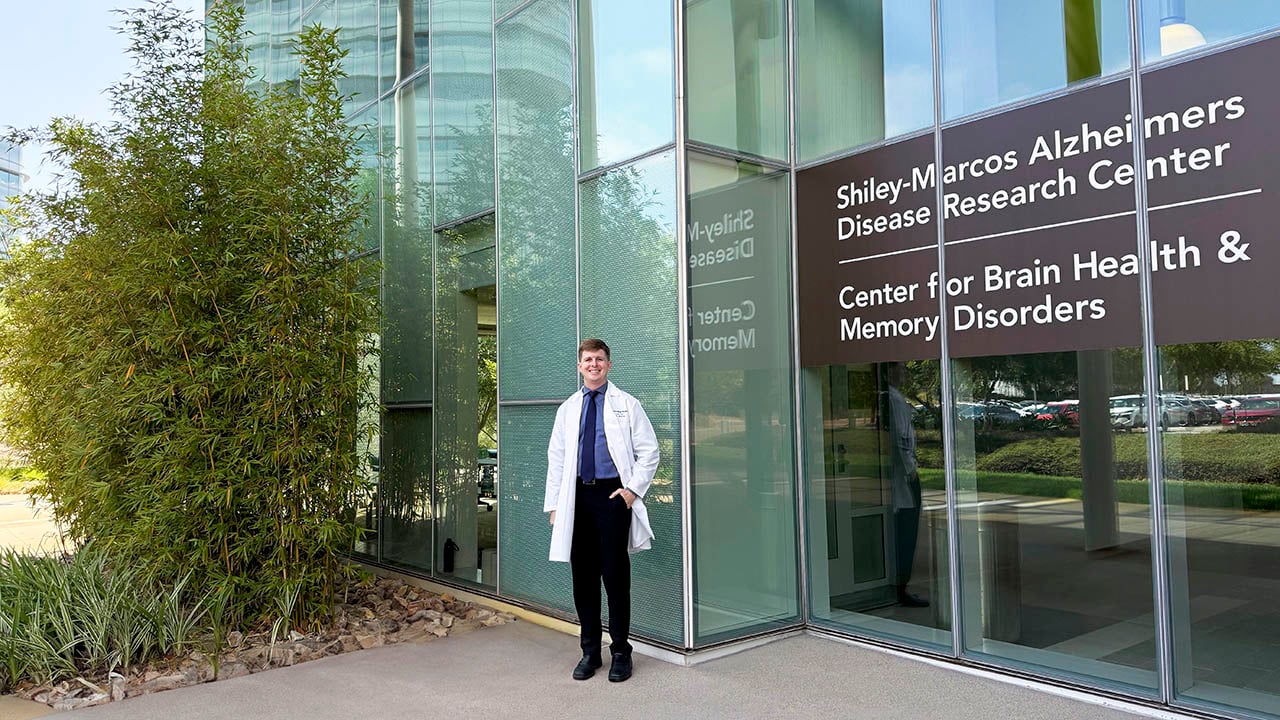HIV Testing
As part of your routine wellness care, human immunodeficiency virus (HIV) screening is recommended at least once for everyone ages 15 to 65.
Why Is HIV Screening Important?
The only way to know that you have HIV is to get tested. Although HIV is not curable, it's highly treatable when caught early.
Antiretroviral medications can keep you from developing AIDS and transmitting the virus to others. The sooner you know your HIV status, the better.
What Are the Symptoms of HIV?
Many people develop a flu-like illness within two to six weeks after exposure to the virus. But about half of all people don't have any symptoms when they first become infected. Symptoms that do appear (such as fever, headache, sore throat, rash and diarrhea) often disappear within a week to a month. And they may be mistaken for those of another viral infection.
How Do I Schedule an HIV Test?
You can request an HIV test from your primary care provider, or your provider may suggest one as part of routine health care. (If you don't have a primary care provider, there are free testing options in the community.)
How Do We Test for HIV?
Most HIV tests are simple blood tests. At UC San Diego Health, we typically use a 4th-generation HIV test, which looks for both HIV antibodies and the p24 antigen for screenings. Testing for the antigen helps to detect an HIV infection before antibodies are produced. This shortens the period in which a person may test negative for HIV despite having an infection.
Other blood tests look for acute HIV infection. This is sometimes called a viral load test. Yet other tests look for mutations in a particular HIV strain. In addition, the UCSD Antiviral Research Center (AVRC) in Hillcrest offers an early HIV test that looks for the virus instead of antibodies.
Some clinics may offer rapid on-site tests using saliva.
What Happens if I Test Positive for HIV?
If you test positive, your doctor will refer you to an infectious disease specialist who will help you get appropriate medications and offer ongoing education. Most people take a single pill daily, making HIV significantly easier to manage than diabetes, heart disease or other chronic conditions.
What if I Test Negative but Am at Risk of Exposure?
Those at higher risk for infection should talk to their primary care provider about more frequent HIV testing and ways to prevent infection with lifestyle modifications and pre-exposure prophylaxis (PrEP) medicine. Who Is at Risk for HIV?
How Is My Privacy Protected?
By law, all test results are confidential, not just your HIV status. Even your blood sugar and cholesterol levels are kept confidential and protected. HIV testing is no different in this respect. Your HIV status cannot be released to others without your written authorization.
Does Insurance Cover HIV Testing?
Yes, health insurance covers HIV tests without a co-pay.
What if I Don't Have Health Insurance?
County programs and community health centers (such as the Hillcrest Family Health Center) offer free HIV testing.
Our Owen Clinic also offers free HIV testing for individuals who want to get started on PrEP medicine. PrEP care is free for individuals without health insurance regardless of residency status.
Insurance Accepted
UC San Diego Health accepts most major health insurance plans. You're encouraged to call your health plan and verify that UC San Diego Health is an in-network provider.



